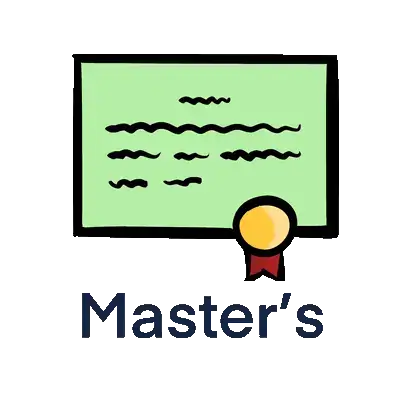Alan is an experienced tutor specialising in A-level, GCSE and IB tuition in Mathematics and Physics. Here he offers some suggestions on how to keep your teenager motivated and some specific advice in studying mathematics and physics.
We all know that teenagers can lack focus during the important years that they are studying for GCSEs or A-levels. What with demands from friends to socialise and attention spans shortening by the minute (with mobile phones winning first place), parents can be tempted to try to do everything for their children at this time, including making detailed revision plans and checking whether they have completed homework. But doing too much in this way can result in a loss of a sense of responsibility and ownership of the results of their decisions. I recommend a softer approach where you encourage them to reflect on the subjects that need revision and how they need to spend their revision time most effectively.
Guide them to suitable resources
As a tutor, I tend not to set specific homework for students of this age group. I prefer to guide them to relevant resources and tell them what areas they need to be looking at in more detail. In this way, they feel that they are making the decision to revise or do homework rather than having it imposed on them. I think it is only the weakest of students or possibly those with specific learning difficulties who need their study time to be monitored in fine detail.
Download each exam board’s specification
You don’t need to be an expert in each subject they are studying but knowing how the curriculum is broken down can help you be informed. To find this out, you need to download the specification from the examination board’s website. In the case of the IB Diploma, this is called the Guide – for example, Physics HL Guide. These are lengthy documents but they contain information on the material covered as well as the structure of the assessment. Especially during their study for A-levels, the students themselves are the best ones to know which areas they need to work on most. They are surprisingly good at this. In the event that you feel that your child is not working well, I recommend that instead of making your enquiries about how their revision is going sound too intrusive, you could ask them encouraging questions such as ‘did you find that maths website useful’ or ‘is your school hosting extra revision sessions this term’.
Apply their studies to everyday life
To maintain interest in mathematics, at least at GCSE level, an appreciation of the applications of mathematics in everyday life can be very motivating. There are so many great documentaries available to watch on demand. There is the very impressive BBC documentary ‘The Story of Mathematics’ by Marcus du Sautoy. This can be found on the web. To stimulate interest in physics, there is ‘The Sky at Night’ and the great Physics Footnotes website that offers GIFs and video clips demonstrating principles in physics. If you want to see how a golf ball deforms when hit by a golf club in slow motion, this is for you. News aggregate websites collate great science news clips for the general public. For example, the Apple news app allows you to choose to have relevant news items pop up in your feed. An interest in computing can be exploited to develop their logic skills. After all, mathematics is basically the application of logic and the process of deduction. The Raspberry Pi is a tiny computer available for only about £34 that is very versatile. People learn to code with them. There are many websites that offer ideas for projects using the Raspberry Pi as the core. It has become very popular and a host of sensors and accessories are available for it. People have built their own digital radios and mobile phones with the Raspberry Pi but to start with, a less demanding project would be advisable. The jump from A-level to University study in either subject is large so it’s best to encourage them to be self-motivators as soon as possible. I speak from experience having taken a physics degree, which is of course heavy in mathematics too. Students do have a wealth of material available on the internet now, which is a great help, so it is a good idea to encourage them to be discerning users of this wealth of information. I also think that there is subject-specific advice to give for the study of mathematics as a whole. GCSE and especially A-level students neglect the importance of good arithmetic skills. Though there is no longer a non-calculator paper in the new A-level Maths syllabus, being able to check sums by estimation and work quickly and efficiently without recourse to a calculator at every step is essential for success.










Hi Alan I am also a tutor but this time I feel honor to read this articles as a student of you. Most of my students in teen don't like Math and physics due their interest not build on these subjects. I think to encourage them from teen age to get into these subjects and love to do projects on these, do search provide them extra curriculum activities just based on physics projects and math calculation just to build their interest.
If we can do this that would be helpful for them to when they upgrade to O level and A Level. really get good points from your article thanks again Alan. cheers